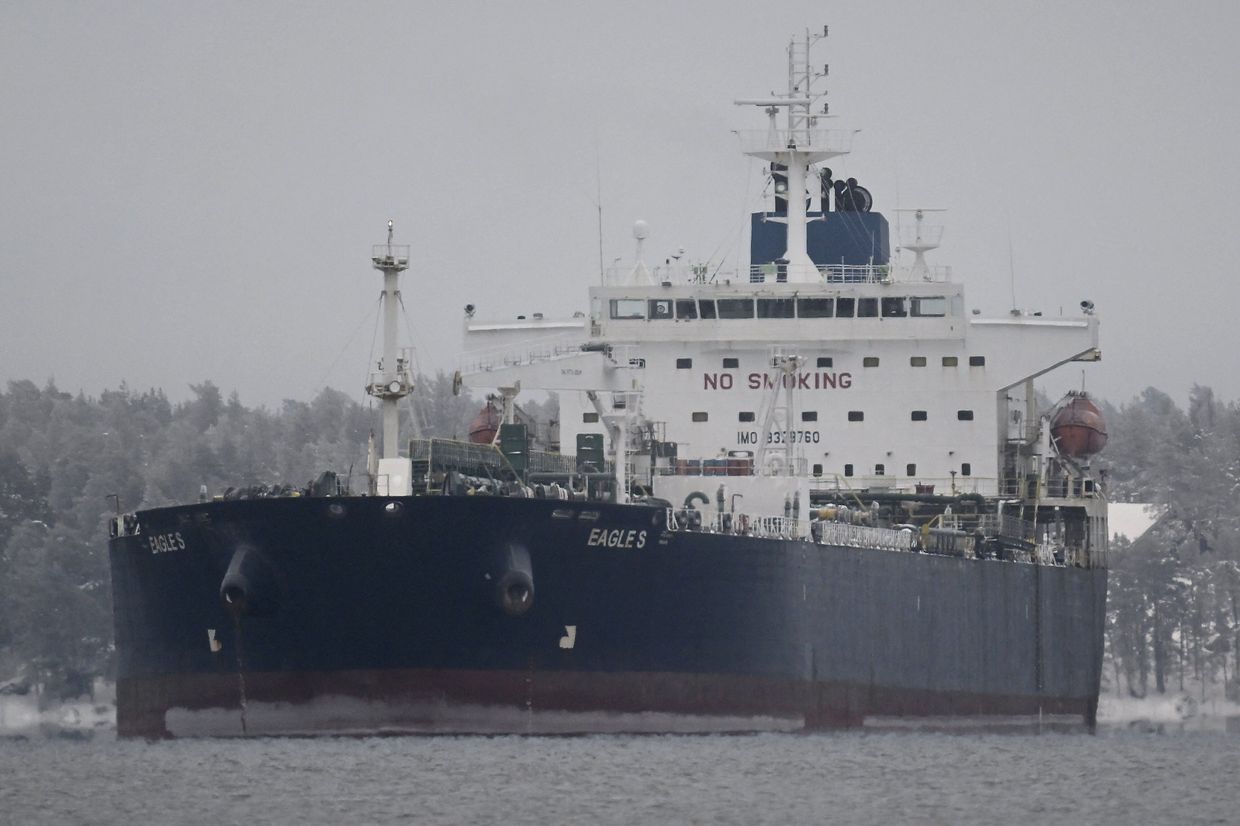It would be naïve to assume that the repeated cutting of cables in the Baltic Sea, along with the recent leak, is purely accidental. Persistent incidents of “poor seamanship” in one of the world’s most strategically significant maritime environments cannot be easily dismissed.Some within the Western foreign policy establishment may believe that this assessment signals de-escalation and patience toward Russia — particularly with Donald Trump poised to take office. For them, the recently announced NATO operation in the Baltic is framed as mere maritime traffic control and accident prevention, requiring a more militarized presence for the sake of efficiency. The leak aligns with an unfortunate pattern of de-escalatory signaling to Russia. Yet others see the pattern of shadow fleet accidents as deliberate provocations with deeper geostrategic motivations, reflecting a tendency to escalate.A reasonable alternative to the “accidents happen” explanation is that the current and past incidents, which remain under investigation due to the inherent deniability, are the result of deliberate malice.
Content Original Link:
https://kyivindependent.com/russias-baltic-sea-sabotage-is-no-accident-its-strategy/
















